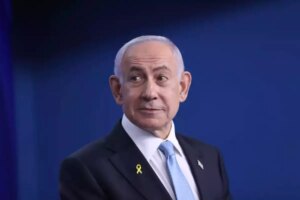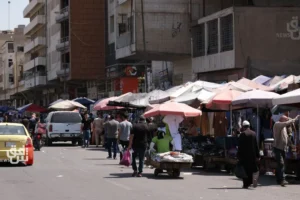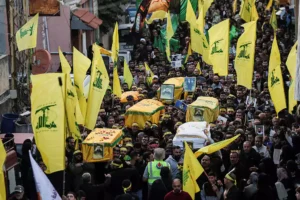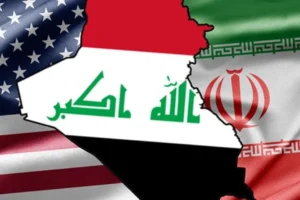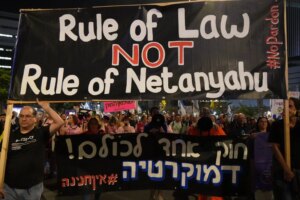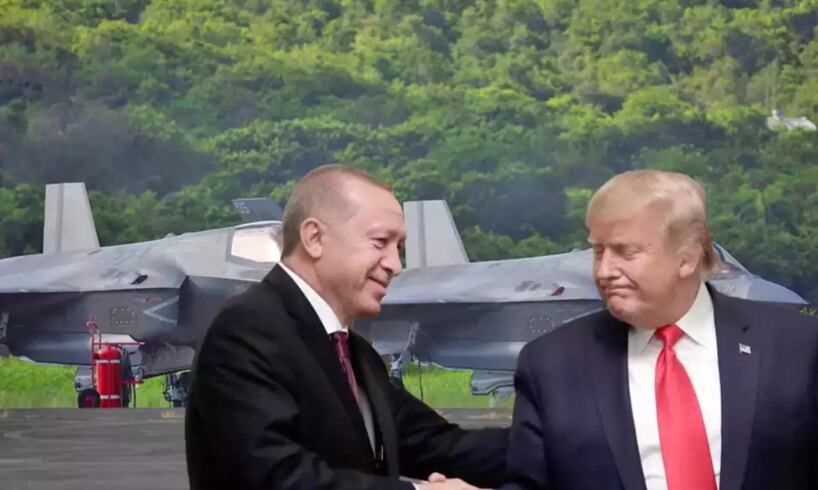
The stream of high-level US officials arriving in the region underscores the importance US President Donald Trump places on advancing the plan.
Israel must now navigate a delicate balancing act: on one hand, maintaining close coordination and securing continued support from Washington; on the other, resisting any normalization of Hamas’s role or a return to failed formulas that have historically allowed the terrorist organization to regroup and rearm.
Assuming Israel chooses short-term restraint to ensure the return of the 13 deceased hostages and maintain close US coordination, the critical question becomes: what comes next?
Rubble in Gaza. Photo: Reuters Reuters
Major benefits already in play
President Trump, recognizing the strategic importance of Qatar and Turkey as mediators, has elevated them to prominent positions in the diplomatic process to pressure Hamas into accepting the proposed plan. This led to the significant achievement of securing the release of all living hostages in one phase, without Israel being forced to give up core security assets or strategic footholds in the Gaza Strip.
But in return, Qatar and Turkey have already received major incentives and promises of future rewards.
Qatar has successfully rehabilitated its international image as a broker and has received an American security guarantee anchored in a presidential directive, along with upgraded military cooperation.
Trump and the Qatari Emir. Photo: GettyImages GettyImages
Turkey, whose involvement in past negotiations had been blocked by Israel, now holds a senior role in talks. thanks in part to Trump’s personal respect for President Recep Tayyip Erdoğan. Turkey also appears to be on track to rejoin the US F-35 fighter jet program.
Israel anticipated that this would come at a cost, but given Washington’s determination to advance to the next phase, disarmament and demilitarization, Jerusalem must now work to curtail Turkey’s growing presence in the Strip and prevent it from playing a dominant role in Gaza’s reconstruction and governance.
Just in recent days, under the pretext of aiding hostage recovery efforts, Turkey has sent around 80 specialists to Gaza, clearly laying the groundwork for a broader, more permanent presence.
If Israel proceeds to the next stage of the plan, it must insist on retaining veto power, something US VP Vance has already stated publicly, regarding both the composition of the international stabilization force and the members of the technocratic government expected to be established in Gaza.
Preventing Hamas entrenchment
Turkey cannot be allowed to station troops in Gaza, nor should any activists from the Turkish IHH Humanitarian Relief Foundation, known for organizing the infamous Mavi Marmara flotilla and, more recently, the flotilla thwarted by the IDF, be permitted to operate in the Strip.
Turkish forces near the border with Syria. Photo: AFP AFP
Israel must also ensure strict oversight over the appointment process for Gaza’s future technocratic government. According to reports, Hamas and the Palestinian Authority are already maneuvering to secure representation, with Egypt’s consent and the knowledge of the other mediators.
Given their close ties to the Muslim Brotherhood, both Turkey and its ally Qatar are actively trying to preserve Hamas’s status and influence. These efforts must be blocked to prevent the terrorist organization from embedding itself in Gaza’s future civilian governing structures.
